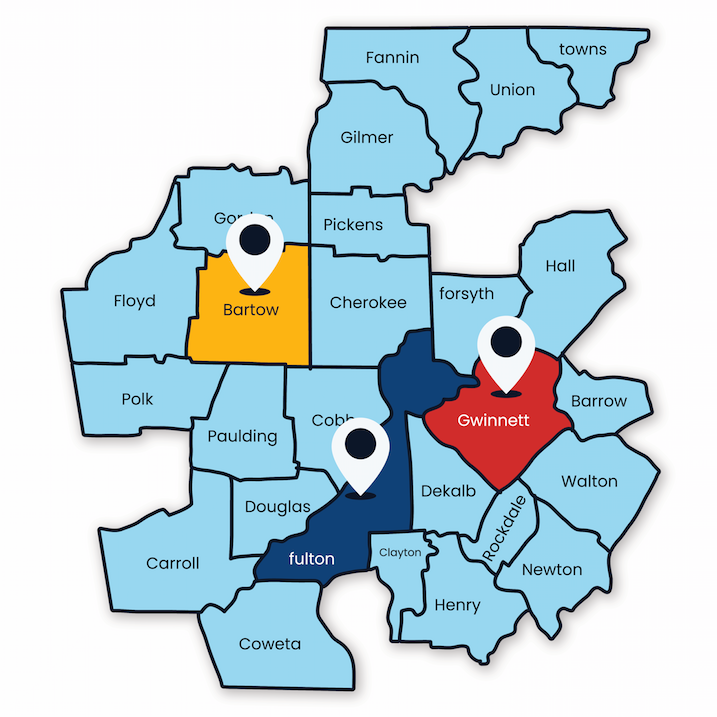What Are In-Home Aide Visits?
In-home aide visits are a crucial part of hospice care, offering patients and their families practical support with daily tasks that have become challenging due to illness. These visits are designed to help patients maintain their personal comfort and dignity, while also easing the burden on family caregivers. Aides assist with personal care, such as bathing, grooming, and toileting, and may also provide light housekeeping and meal preparation to support daily living.
In-home aides work closely with the hospice care team, including nurses and board-certified physicians, to ensure that the patient’s non-medical needs are met in a compassionate and respectful manner. By helping with everyday tasks, they allow patients to remain at home, surrounded by the people and environment they know and love, which can greatly improve the overall quality of life.
Signs That In-Home Aide Visits Are Needed
Certain symptoms may indicate the need for in-home aide visits to provide additional support with daily activities as a patient’s condition progresses. Common signs that in-home aides are needed include:
- Difficulty performing personal hygiene tasks, such as bathing or dressing
- Increased fatigue or weakness, making daily routines more difficult
- Challenges with mobility, such as getting in and out of bed or moving around the house
- Difficulty managing household tasks, including cooking, cleaning, and laundry
- Increased confusion or disorientation
- Dependence on family members for personal care and basic needs
Why In-Home Aide Visits Are Important
In-home aide visits are essential for hospice care patients who can no longer perform daily tasks independently. As patients progress through the stages of a terminal illness, their strength and mobility often decline, making it difficult or impossible for them to maintain their personal hygiene or manage their home. This can lead to discomfort, loss of dignity, and increased stress for both the patient and their family caregivers.
Aides help alleviate these challenges by providing hands-on assistance with personal care tasks and light housekeeping. This not only improves the patient’s physical comfort but also reduces the emotional and physical burden on family members. By ensuring that daily routines are taken care of, aides help create a calm and organized environment that supports the patient’s well-being.
In addition, in-home aide visits allow family members to focus on spending meaningful time with their loved one rather than being overwhelmed by caregiving responsibilities. This can be a critical source of relief, particularly as the patient’s condition declines.
Steps Involved in In-Home Aide Visits
In-home aide visits follow a structured process to ensure that the patient’s personal and household needs are consistently met. Each visit is tailored to the specific requirements of the patient, ensuring a personalized level of care:
- Initial Care Assessment: The hospice team evaluates the patient’s daily care needs to develop a personalized care plan.
- Scheduling Visits: Aides visit the patient on a regular schedule, which may range from daily to a few times a week, depending on the patient’s condition.
- Personal Care Assistance: Aides help with bathing, dressing, grooming, toileting, and other hygiene tasks.
- Mobility Support: Aides assist patients in moving safely around the home, transferring between bed and chairs, and ensuring fall prevention.
- Meal Preparation: Aides may help with preparing simple meals to ensure that the patient is nourished and comfortable.
- Light Housekeeping: Aides assist with tasks such as laundry, cleaning, and tidying up to maintain a comfortable home environment.
Enhancing Comfort Through Personalized Support
While hospice care cannot prevent the progression of illness, in-home aide visits play a key role in enhancing a patient’s comfort by addressing their personal needs. Through regular, compassionate support, aides help maintain the dignity and quality of life that every patient deserves. This focus on personal care allows the patient to live more comfortably in their home environment, without worrying about daily tasks that have become overwhelming.
Moreover, the relief that aides provide to family caregivers is invaluable. By taking over the responsibilities of day-to-day personal care and household management, aides allow family members to focus on providing emotional support and companionship to their loved one.
The Benefits of In-Home Aide Visits for Patients and Families
In-home aide visits help hospice patients preserve their independence by assisting with tasks that they can no longer manage on their own. This support allows patients to feel more in control of their daily life, enhancing their sense of dignity and well-being.
For family caregivers, the emotional and physical demands of caring for a loved one can be overwhelming. In-home aides provide much-needed relief by taking on the tasks of personal care and housekeeping, allowing family members to focus on spending quality time with their loved one without the added pressure of caregiving duties.
Frequently Asked Questions
What tasks can in-home aides help with?
In-home aides assist with personal care, such as bathing, dressing, and toileting, as well as light housekeeping tasks and meal preparation.
How often will an aide visit?
The frequency of visits depends on the patient’s needs and condition. Some patients may require daily visits, while others may need support only a few times a week.
Are in-home aide visits covered by insurance?
In many cases, hospice care, including in-home aide visits, is covered by Medicare, Medicaid, and private insurance. It is advisable to check your specific coverage.
Can in-home aides provide medical care?
No, in-home aides are not trained to provide medical care. Their focus is on personal care and household support, while nurses handle medical needs.
Will an aide’s responsibilities change as the patient’s condition changes?
Yes, the care plan is regularly updated to reflect the patient’s changing needs, ensuring that the aide’s responsibilities adapt accordingly.
Compassionate Care in the Comfort of Home
In-home aide visits provide essential support that allows hospice patients to continue living comfortably at home. By offering assistance with personal care and household tasks, aides ensure that patients are able to maintain their dignity, even as their illness progresses. Whether it’s helping with a bath, preparing a meal, or simply offering companionship, our team is dedicated to improving the quality of life for both patients and their families.
If you’re seeking compassionate in-home aide services for a loved one, contact us today to learn more about how we can help. Our hospice care team is here to answer your questions and develop a personalized care plan that meets your family’s needs.

